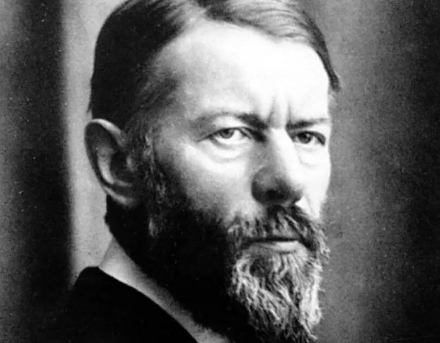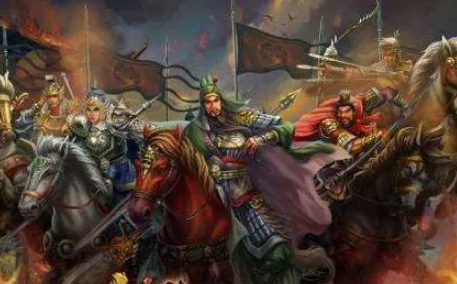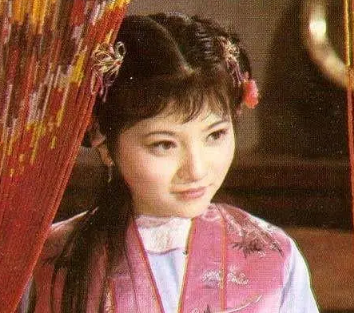In modern Chinese history, Hong Xiuquan and Shi Dakai were two influential figures. Their relationship was intricate, with both cooperation and conflicts. This article will focus on Hong Xiuquan's reaction after learning of Shi Dakai's death to explore their relationship.

Hong Xiuquan was the leader of the Taiping Rebellion, who founded the Worship of God religion, led the peasant uprising, and overthrew the Qing dynasty rule. Shi Dakai, on the other hand, was a fierce general of the Taiping Rebellion, who achieved numerous victories on the battlefield and was sealed as the Wing King. In the early stages of the Taiping Rebellion, the relationship between Hong Xiuquan and Shi Dakai was very close, and they worked together to achieve the goal of overthrowing the Qing dynasty.
However, as the Taiping Rebellion deepened, the relationship between Hong Xiuquan and Shi Dakai gradually changed. Hong Xiuquan became jealous of Shi Dakai's military achievements, fearing that he would usurp his position. At the same time, Shi Dakai also expressed dissatisfaction with some of Hong Xiuquan's decisions, believing that they had harmed the interests of the Taiping Rebellion. Therefore, the conflict between the two gradually intensified.
On the eve of the failure of the Taiping Rebellion, Shi Dakai was captured by the Qing army and executed by the cruel punishment of Lingchi. When Hong Xiuquan learned of Shi Dakai's death, his reaction was complex. On the one hand, he felt sad about Shi Dakai's death because he had been his trusted assistant and had made great contributions to the Taiping Rebellion. On the other hand, Hong Xiuquan may have regretted his own jealousy and conflicts, as these conflicts ultimately led to Shi Dakai's death.
Overall, the relationship between Hong Xiuquan and Shi Dakai was a typical power struggle. During the Taiping Rebellion, they had worked together, but ultimately parted ways due to conflicts over power and interests. Hong Xiuquan's reaction after learning of Shi Dakai's death not only reflected his regret for the brave general, but also his reflection on his past actions. This historical story provides us with a profound lesson: in pursuing common goals, we should cherish our cooperation, resolve conflicts, and avoid tragic endings.
Disclaimer: The above content is sourced from the internet and the copyright belongs to the original author. If there is any infringement of your original copyright, please inform us and we will delete the relevant content as soon as possible.
































